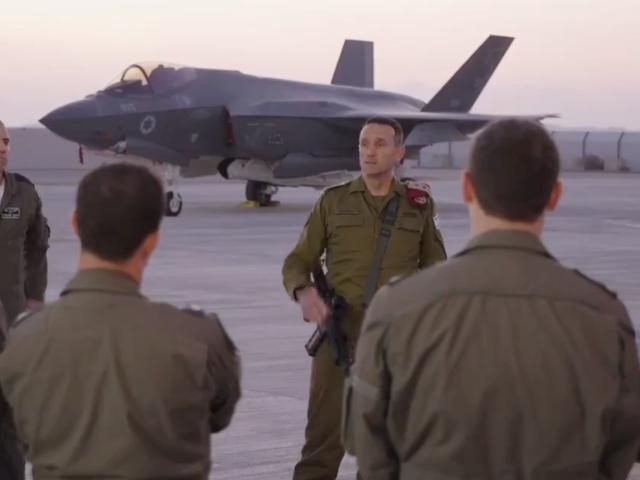In a recent report by the Israeli broadcaster "Kan", Israel has issued reassurances to Arab nations that their safety will be maintained in response to the recent Iranian attacks. "Kan" disclosed that Israel has communicated to its allies—namely Jordan, Egypt, and the Gulf countries—that any retaliatory actions taken will be strategically planned to ensure that Iran cannot drag these nations into a conflict.
Over the weekend, Iran launched an aggressive assault, deploying around 300 missiles and drones against Israel, a staggering 99% of which were successfully intercepted. The Chief of Staff of the Israel Defense Forces (IDF), Herzi Halevi, confirmed that Israel is contemplating appropriate measures in retaliation to the Iranian aggression, underscoring the inevitability of a response.
According to Israel's @kann_news, #Israel has sent messages to Arab states that any retaliation that it carries out against #Iran will not endanger them. A number of states in the region, including several that intercepted the Iranian missiles on Saturday night, have faced an…
— Azriel Bermant (@azrielb) April 16, 2024
The international collaboration was highlighted by Israeli officials, noting that assistance from the United States, United Kingdom, France, and Jordan was crucial in thwarting the drone barrage launched by Iran. In a proactive move, the Jordanian government intercepted several aerial devices that breached its airspace during the attack, managing to avert significant damage or injuries, according to an official statement from Amman. The statement further emphasized the Jordanian armed forces' commitment to safeguard national security and airspace integrity, and called for restraint from all involved parties to avoid escalation.
The potential for a direct military conflict between Israel and Iran poses risks of broader regional instability, possibly drawing in countries like Iraq, and increasing the vulnerability of Jordan, the United Arab Emirates, and Saudi Arabia. These nations worry about being coerced into conflict, either through proxies such as the Houthis in Yemen or directly. Despite these concerns, the participation of Arab countries in intercepting the Iranian assault has led to negative portrayals by Iranian media, accusing them of siding with Israel.
Currently, Israel continues to deliberate its next steps, engaging in international discussions as the situation escalates. This includes responding to provocative statements from Tehran, which on April 15, called on Western nations to recognize Iran's "restraint" in the face of attacks.
One day after Iran's failed attack on Israel the Arab news networks are simply laughing at Iran! pic.twitter.com/MFaD1K4G1U
— יוסף חדאד - Yoseph Haddad (@YosephHaddad) April 14, 2024
At a recent emergency UN Security Council meeting, Israeli Ambassador Gilad Erdan called for more stringent sanctions against Iran, highlighting Israel's inherent right to self-defense. Contrarily, the Iranian Ambassador to the United Nations, Amir Saeid Iravani, claimed a defensive posture for Iran against what it perceives as threats. The unfolding events underscore the delicate balance of regional power and the complex interplay of diplomatic, military, and strategic considerations.


